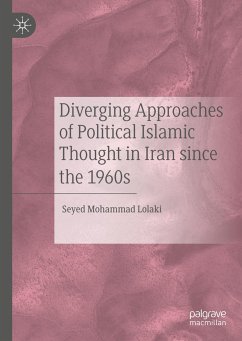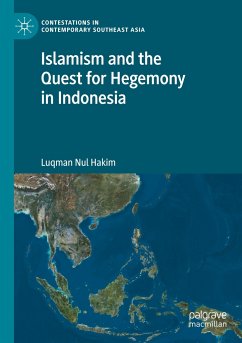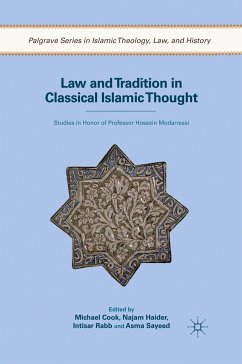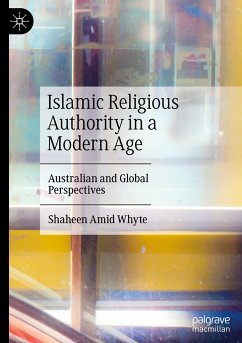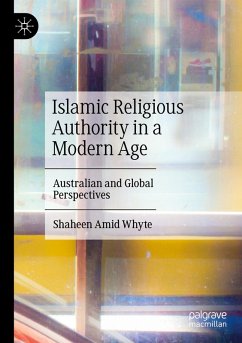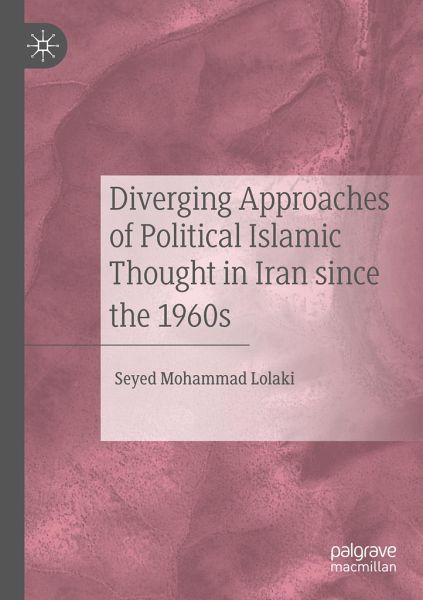
Diverging Approaches of Political Islamic Thought in Iran since the 1960s
Versandkostenfrei!
Versandfertig in 6-10 Tagen
43,99 €
inkl. MwSt.
Weitere Ausgaben:

PAYBACK Punkte
22 °P sammeln!
This book argues that Political Islam in the Iranian context evolved into three main schools of thought during the 1960s and 1970s: Jurisprudential Islam led by Ayatollah Khomeini, Leftist Islam led by Shariati, and Liberal Islam led by Bazargan. Despite the fact that all schools seek an Islamic state, their chosen methods and philosophical approaches diverge considerably. The synthesis of these three contrasting socio-political views is structured here to provide a coherent interpretation by means of ongoing comparison. This method has so far not been presented in academic studies within the ...
This book argues that Political Islam in the Iranian context evolved into three main schools of thought during the 1960s and 1970s: Jurisprudential Islam led by Ayatollah Khomeini, Leftist Islam led by Shariati, and Liberal Islam led by Bazargan. Despite the fact that all schools seek an Islamic state, their chosen methods and philosophical approaches diverge considerably. The synthesis of these three contrasting socio-political views is structured here to provide a coherent interpretation by means of ongoing comparison. This method has so far not been presented in academic studies within the field of Political Islam.
Furthermore, this book provides a critical analysis of the aforementioned 'Political Islam' schools in Iran, their similarities and differences, relative success or failure, their contribution to the revolution of 1979 and how they have evolved from the pre-revolution era to the present.
Furthermore, this book provides a critical analysis of the aforementioned 'Political Islam' schools in Iran, their similarities and differences, relative success or failure, their contribution to the revolution of 1979 and how they have evolved from the pre-revolution era to the present.





